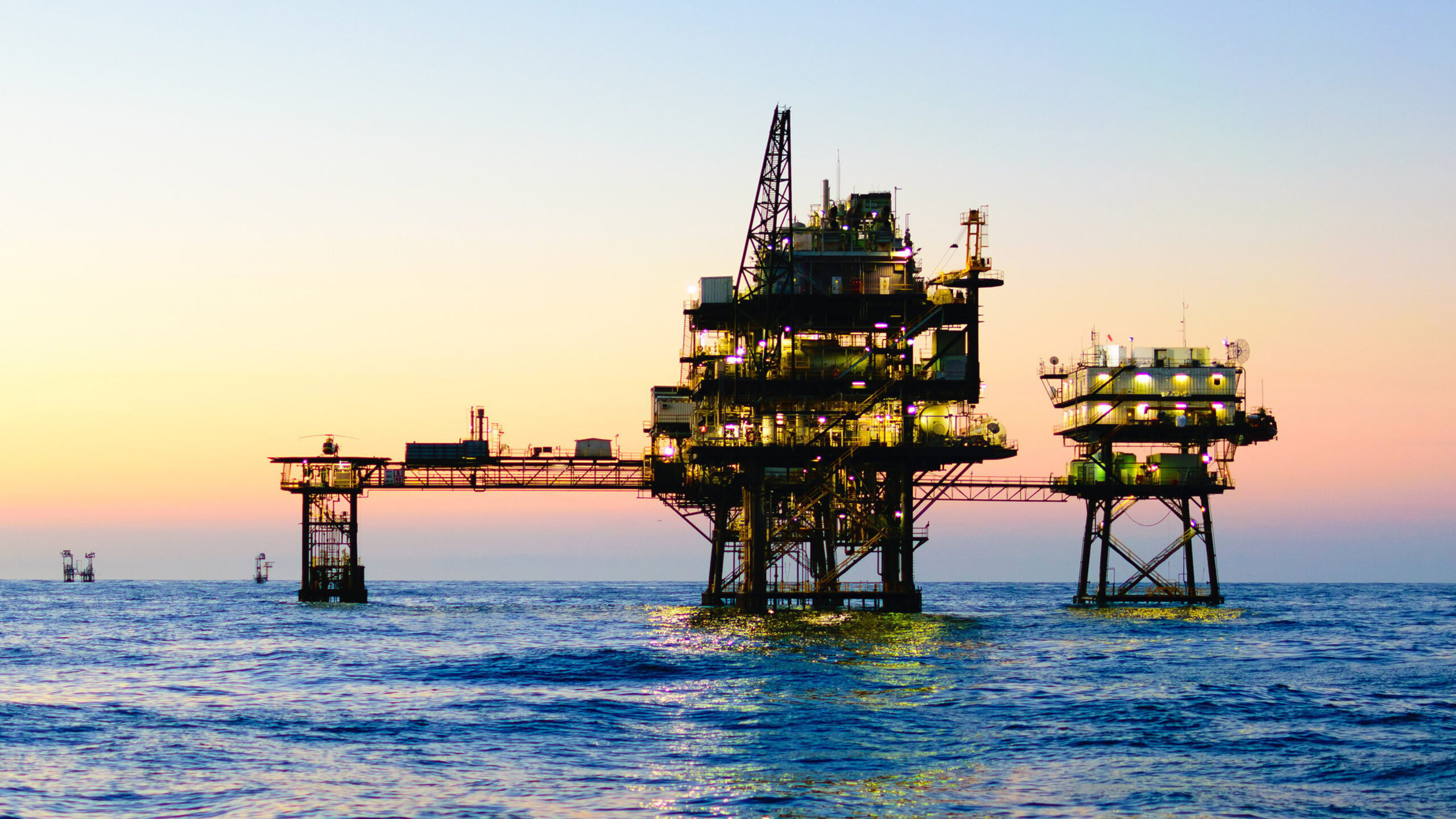
Will due diligence legislation further recalibrate supply chains?

Increased regulatory scrutiny of companies’ environmental and human rights records could become an additional stimulant to ‘nearshore’ and ‘friendshore’ supply chains, say experts
With the debate around the EU Corporate Sustainability Due Diligence Directive in full swing ahead of an end-of-year deadline, both EU and non-EU companies will have to consider in more depth how they source materials and how their distribution channels are set up.
The European legislation, which would mandate advanced environmental and human rights due diligence requirements, is expected to apply to EU and non-EU companies active in EU markets, as well as to EU companies’ operations in foreign jurisdictions.
“The CSDDD could accelerate what we were seeing already in terms of companies relocating their supply chains closer to their end markets,” says Peter Sellar, a Brussels-based regulatory partner at law firm Fieldfisher. He notes that, so far, various logistic bottlenecks created by the disruption caused by the Covid-19 pandemic, the war in Ukraine and national security concerns in the west about an over-reliance on China for some critical materials, have been the main reason for companies to amend supply chains.
Policymakers legislating advanced due diligence measures could create an assumption that closer supply chains, in nearby “friendly” – or at least culturally familiar – jurisdictions with strict labour and environmental laws, will be easier to monitor than operations in geographically distant countries with relatively more lenient legislation but more opaque practices, Sellar adds.
In recent years, more than a dozen countries globally have started mandating supply chain due diligence in an attempt to tackle forced labour, modern slavery and environmental crimes. However, the EU would be the first to implement a common framework across 27 nations.
Corporate strategy
A recent IMF report notes that, over the last decade, the share of foreign direct investment flows between geopolitically aligned economies has kept rising at a faster pace than the share of FDI flows between countries located geographically closer. This friendshoring trend implies that investment is becoming primarily driven by geopolitics, with FDI flows to China in particular remaining subdued.
Anne Petterd, a Sydney-based partner at Baker McKenzie specialising in trade and supply chains, says one thing to watch out for in upcoming due diligence legislation is whether it will stimulate the creation of “due diligence adequate” jurisdictions, in similar ways to data privacy laws creating distinct jurisdictions for the safe storage of consumer data.
She notes that the availability of an alternative trade supply route that can be switched to when necessary is increasingly becoming a must-have supply chain mitigation tool for companies – but that businesses will need to assess this on a vendor-specific basis if due diligence requirements are met.
Transparency will be key in this endeavour, says Matthew Townsend, a London-based partner and global co-head of the environment, climate and regulatory law, and international trade groups at Allen & Overy.
Spurred by a trend towards greater transparency of supply chains and curtailing the outsourcing of risk, in the longer term “host countries will have to raise their standards and open their doors to scrutiny in a far more meaningful way than we see today”, Townsend says. Despite the challenge being significant for many countries, more disclosure on sourcing and provenance of products will continue to be pushed by consumer sentiment, he adds.
Fieldfisher’s Sellar believes that nearshoring, friendshoring and reshoring are becoming important corporate strategies as supply chain resilience is prioritised over cost effectiveness.
However, supply chain assessments will likely result in increased costs and potential trade-offs too, say experts.
Businesses are unlikely to have enough resources to assess all supply chain participants against due diligence requirements, says Baker McKenzie’s Petterd. She expects legislation in this field to prompt the development of due diligence assessment services, examining whether different participants in a given supply chain meet a customer’s legislative-driven requirements.
Moreover, suppliers in sensitive jurisdictions wanting to increase their ESG standards and respective monitoring will also likely face an increase in costs, points out Townsend. The cost impact will be driven by how high the bar is set in the market in response to the new requirements, he says, adding that multinationals striving to implement a common set of supply chain standards globally could also see a disproportionate effect on their business and competitive position.
Trade rerouted?
Sellar says that though the nearshoring trend we have seen to date has been driven more by access requirements than due diligence, depending on how new legislation is enforced, we may see some trade routes being rerouted.
Similarly, Townsend emphasises that the greater push for nearsourcing critical minerals at present is driven by security of supply issues rather than sustainability. Moreover, nearshoring or friendshoring does not necessarily result in a jurisdiction complying with due diligence legislative requirements.
“There is no shortage of nearshore supplies that have poor and less-than-transparent ESG standards. This is not a problem exclusive to the usual suspect countries,” says Townsend. He argues that the real challenge will be how far and how quickly companies can engage with major suppliers to drive change in the right direction, as many businesses have been sourcing products from countries with lower standards for decades.
When it comes to commodities, this issue becomes even more strenuous. Sellar notes that some raw materials, like some critical minerals, are simply not available in jurisdictions close to or politically aligned with the countries that consume them, which makes inshoring or nearshoring unviable.
So how much risk should companies take on while continuing to operate in geographically distant countries with more opaque labour and environmental practices?
According to Kelly Sporn, special counsel and international head of strategic delivery of sustainability and ESG at DLA Piper, it will largely depend on the particular due diligence legislation or regulation. Some policymakers are focusing on whether the commodity is legal in the source country, whereas others are considering imposing a particular standard of sustainability.
For Townsend, there will be companies that might be nervous about the potential litigation and reputational risks associated with continuing operations in certain countries, but this will differ based on market segment. Companies have different risk appetites and the cost implications for on or nearshoring could lead to businesses either sticking or busting with suppliers in sensitive jurisdictions, he says.
The bigger headache will be for those businesses reliant on hundreds (if not thousands) of suppliers, whereby supply routes can’t be amended overnight, he adds. “It will be a delicate balance of risk and cost management alongside wider considerations such as product modifications and alternative suppliers.”
Sellar points out that the emergence of China-plus strategies – whereby part of a supply chain previously made in China is moved elsewhere and another portion is maintained – could also benefit emerging and frontier-market countries in the future, depending on due diligence requirements.
Similar Articles

In Charts: Redemptions drag global climate fund flows to lowest level in four years

In Charts: Canada, Japan, South Korea ‘blocking clean energy transition’ with fossil fuel finance


